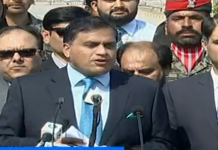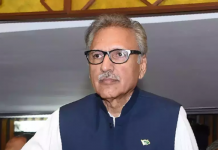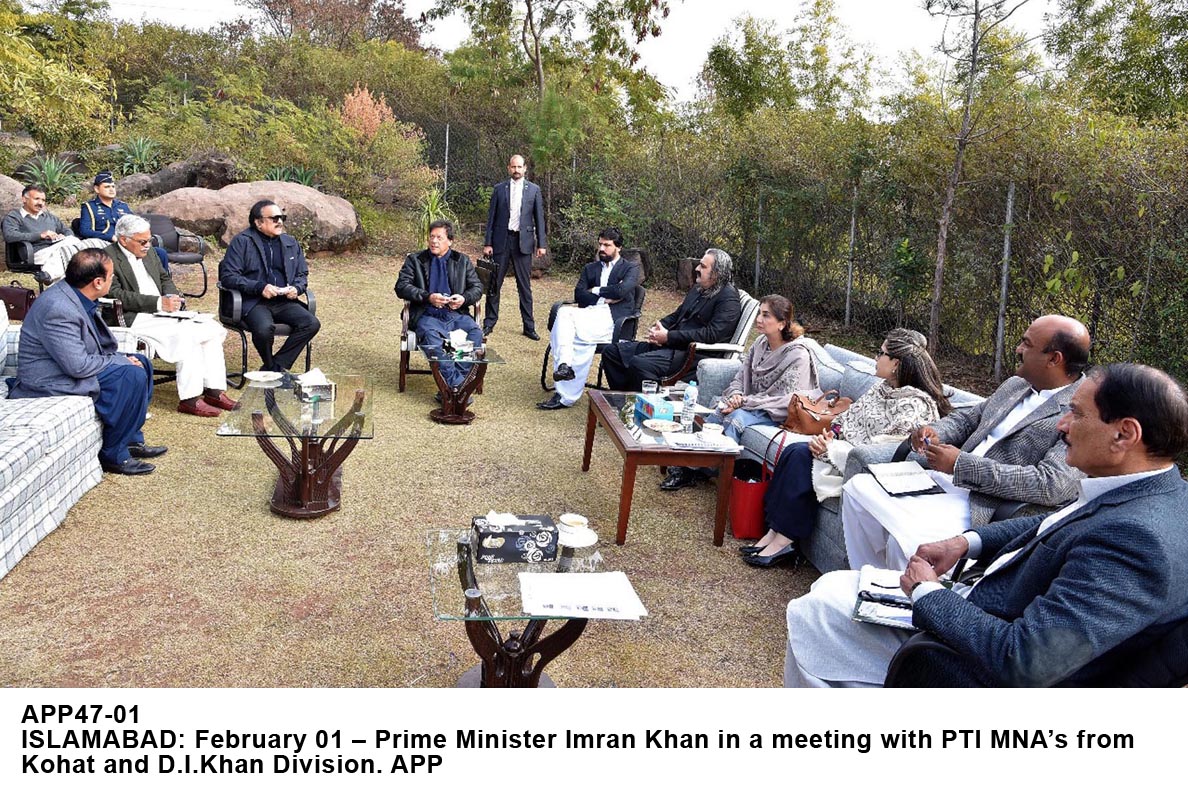مضمون کا ماخذ : loteria do Paraná
Some sections of NAB law ‘un-Islamic’: CII
The Council of Islamic Ideology (CII) on Thursday declared some sections of the National Accountability(NAB) Ordinance, 1999, 'against the
The Council of Islamic Ideology (CII) on Thursday declared some sections of the National Accountability Ordinance, 1999, ‘against the Shariah’.
CII Chairman Dr Qibla Ayaz told a press conference after a two-day meeting of the council that sections 14-D, 15-A and 26 of the NAO are un-Islamic.
The Section 14-D of the ordinance states that the burden of proof ‘shall lie with the accused’, whereas Section 15-A says that a convicted person ‘shall cease to hold public office’ and ‘stand disqualified for a period of ten years’ from holding a public office. The Section 26 empowers the NAB chairman to grant pardon under a plea bargain deal.
The CII chairman said keeping a suspect in custody for a long period without a case, handcuffing and parading the accused in front of media is ‘un-Islamic’. He said it is not the suspects’ responsibility to prove their guilt, adding that plea bargain and turning of suspects into approvers is also against the Shariah.
Ayaz said with the National Accountability (Amendment) Ordinance, 2019, the accountability law will become further discriminatory. “NAB law is not compatible with Islamic laws on crime and punishment,” he said, adding that the council will also review amendments to the law.
In addition to discussing the NAB law, the CII during its two-day meeting, also presented its recommendations for the prevention of sexual violence against children. It suggested that a special court be formed to look at such incidents. It also termed forced conversions as un-Islamic and unconstitutional.
Shortly after Dr Ayaz’s press conference, Federal Minister for Science and Technology Fawad Chaudhry took to Twitter to express ‘serious concerns’ about the CII’s performance and emphasized on restructuring of the council in line with modern requirements. “Till today, the religious segments [of the country] have not received any guidance from the council,” he said, adding that he cannot understand the logic behind spending millions of rupees on such an institution.
He criticized the CII’s decisions and said there were serious questions on the performance of this institution. “The council needs to be restructured and more scholarly people should handle this institution,” he stated.
In response to the federal minister’s remarks, Dr Ayaz said Chaudhry’s tweet was beyond his comprehension, adding that the government, Supreme Court and a high court have all expressed dissatisfaction with the NAB law. “We have reviewed the NAB law from the perspective of the Shariah,” he added. Dr Ayaz said the appointments in CII are made by the prime minister and president of the country, maintaining that the incumbent government has itself highlighted flaws in the NAB laws before amending it last month.












